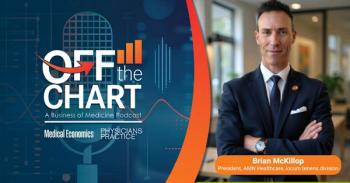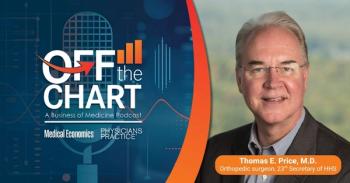
Patients, Like Physicians, Prefer Computerized Connections
In the last 10 years, physicians have spent a lot of time getting adjusted to using EHRs and computerized tools. Lucky for them, patients are coming around to appreciate their efforts.
In the last 10 years, physicians have spent a lot of time getting adjusted to using EHRs.
And when it comes to patient satisfaction, the effort has paid off.
According to results of the
“There’s been significant growth in patients engaging in their healthcare by using computerized tools or the Internet,” said Josh Lemieux, director of personal health technology for the Markle Foundation, noting that as recently as 2008, only three percent of patients said they used patient portals to help manage their health. In the 2010 survey, 10 percent of patients used this tool. “Patients are definitely becoming more engaged in managing and tracking their health information online, and using tools to make new connections to healthcare providers as well as to each other.”
Lemieux said the “network tools” that are gaining ground include online forums, mobile health applications, and patient and provider Web portals.
There’s a bit of disparity, though, between what doctors and patients want and what’s actually happening. Seventy-four percent of docs want to share information with colleagues through computerized means, but only 17 percent are actually using these tools, according to the survey. Meanwhile, 47 percent of physicians said they would like to share information with patients through computerized means, but only 5 percent are doing so. Barriers to adopting technology include cost, time, and effort required to transition to digital records, as well as, historically, a lack of incentives to do so.
That’s good news for physician practices in the midst of transitioning to EHR systems, as long as privacy concerns are addressed.
About 80 percent of both doctors and patients said it is important to put in place privacy protections to ensure public investment in health IT will be well spent, according to the survey.
“Patients and doctors really have to share information to provide the best care,” said Lemieux, “so record keeping is ultimately a partnership between doctors and patients.”
Newsletter
Optimize your practice with the Physicians Practice newsletter, offering management pearls, leadership tips, and business strategies tailored for practice administrators and physicians of any specialty.






